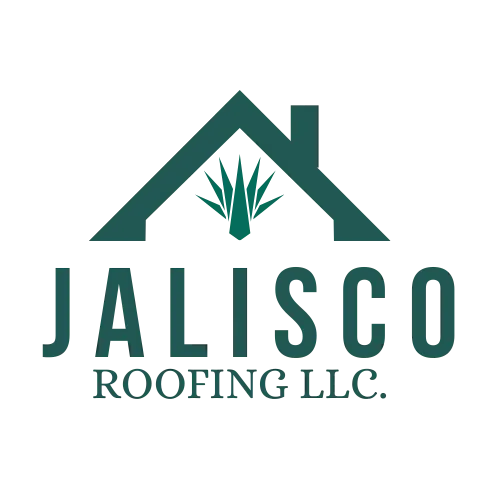Buckeye Roofing Experts | Residential & Commercial Roofing Specialists
For over 15 years, Jalisco Roofing has been Buckeye's trusted choice for expert roofing solutions designed to withstand Arizona's extreme climate while protecting your home and investment.
Professional Roof Repair & Replacement in Buckeye
We provide comprehensive roofing services specifically engineered for Buckeye's unique climate challenges. From emergency storm damage repairs to complete roof replacements, our local expertise ensures your home receives the protection it deserves.
Schedule Your Free Buckeye Roof InspectionComprehensive Roofing Services for Buckeye Homes
Tile Roof Installation & Repair
Specializing in durable clay and concrete tile systems that provide excellent insulation and withstand Buckeye's intense sun and occasional heavy rains with proper installation and maintenance.
Asphalt Shingle Roofing
High-quality asphalt shingle solutions that combine exceptional value with reliable weather resistance, available in various styles and colors to complement your Buckeye home's architecture.
Spray Foam Roofing Systems
Energy-efficient spray foam applications that create seamless protection and superior insulation, helping reduce cooling costs in Buckeye's hot desert climate while extending roof lifespan.
Protective Roof Coatings
Advanced protective coatings that extend roof life, enhance energy efficiency, and prevent leaks. Ideal for flat and low-slope roofs common in Buckeye's newer construction.
Metal Roofing Solutions
Durable, long-lasting metal roofing that withstands Buckeye's extreme weather conditions while providing modern aesthetics and exceptional energy efficiency for years of reliable performance.
Emergency Roof Repairs
Comprehensive repair services for all roof types. We quickly address leaks, storm damage, and wear issues to prevent further damage to your Buckeye home, with rapid response times when you need us most.
Serving Buckeye & Surrounding Communities
Buckeye
Central & Historic Districts
Sun Valley
Western Buckeye
Verrado
Master-Planned Community
Festival
Foothills Area
Tartesso
Northern Buckeye
Sunrise
Eastern Communities
Buckeye Roofing Performance Data
Expert Insurance Claim Assistance for Buckeye Homeowners
Dealing with roof damage from monsoons, high winds, or other weather events? Our team works directly with your insurance company to manage the entire claims process. With extensive experience handling Buckeye-specific storm damage, we ensure you receive the full coverage you deserve for quality roof repairs or replacement.
As Buckeye's trusted roofing experts with over 15 years of local experience, we understand how to properly document storm damage and effectively negotiate with insurance adjusters to maximize your claim settlement while minimizing your out-of-pocket expenses.
Get Professional Help With Your Insurance ClaimWhy Buckeye Homeowners Choose Jalisco Roofing
15+ Years Local Experience
Over a decade and a half providing reliable roofing solutions specifically for Buckeye's unique climate and building requirements.
Complimentary Roof Inspections
Thorough roof evaluations at no cost to identify potential issues before they become expensive problems for your Buckeye home.
Buckeye Climate Specialists
Deep understanding of Buckeye's specific weather patterns, soil conditions, and local building code requirements.
Premium Quality Materials
We select only the highest quality materials from trusted manufacturers that stand up to Arizona's extreme weather conditions.
Comprehensive Warranties
Strong protection plans including 10, 15, and 20-year warranty options to safeguard your roofing investment.
Transparent Fair Pricing
Competitive rates with honest, upfront quotes - no hidden fees or surprise charges on your Buckeye roofing project.
Contact Our Buckeye Roofing Specialists
Call Our Team
(602) 405-0361
Email Our Experts
Service Area
Buckeye & Surrounding Communities
Get Your Free Pre-Monsoon Inspection
Trusted Roofing in Arizona
TESTIMONIALS
Great Roofs = Happy Customers!

Your Roof is Just a Quote Away!
Resources
Home
About Us
Services
Testimonials
FAQ's
Blog
Privacy Policy | Term & Condition | FAQ
Copyright © 2025 Jalisco Roofing LLC. All rights reserved.
ROC#335861